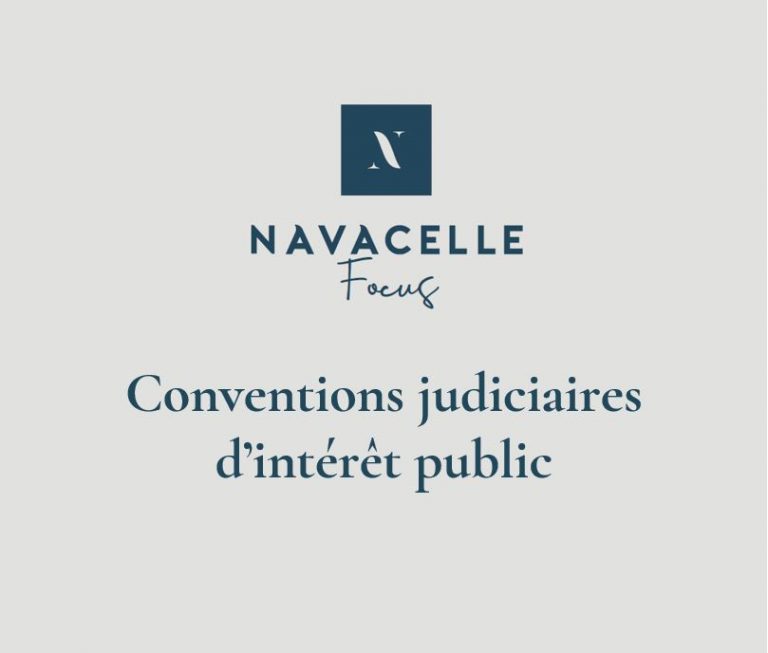The Action Plan for Enterprise Growth and Transformation, (the “ PACTE Law ”) empowers companies to innovate, transform, develop and create jobs 1.
Validated by the French Constitutional Council on May 16, 2019, it came into force on May 22 and intends “remove obstacles to companies’ growth at all stages of their development, from their creation to their transfer, including their financing” 2.
The PACTE law has been the subject of much criticism from lawyers and business leaders on account of its general lack of clarity 3 and more significantly the extension of the Competition Authority’s investigative powers 4.
New prerogatives to detect anti-competitive actions
The Competition Authority is a French independent administrative authority in charge of controlling and regulating anti-competition practices and investigating the efficiency of the market system. It is not a jurisdiction but has injunction and sanctioning powers as well as investigation prerogatives.
The entry into force of the PACTE Law has extended the powers of the Authority, by strengthening its investigative powers.
For the purpose of investigating and detecting infringements of competition law or anti-competitive practices, the Authority’s agents now have access to the detailed invoices from mobile operators, which list all calls received and issued by their subscribers 5.
Under previous legislation, the Authority could seize employee mobile phones or invoices from certain companies suspected of anti-competitive practices but could not get the information from the source 6.
The September 6, 2015 Macron law 7 had already sought to grant this power to the Competition Authority but was censored by the Constitutional Council due to a lack of privacy safeguards 8.
Sort-of safeguards
The PACTE Law has raised serious questions about the respect of the right to privacy . prerogatives, its president Isabelle de Silva, insists that proper guarantees have been put in place 9.
The Competition Authority recalled that no access is given to the content of telephone conversations and specified that the right of access to data stored and processed by operators is subject to the agreement of a controller of data connection requests.
This controller will alternately be an irremovable magistrate of the French Council of State (Conseil d’Etat) or the French Supreme Court (Cour de Cassation) appointed by the General Assembly of the high court concerned, for a period of 4 years, which may not be renewed 10.
The text also provides guarantees of independence, since the controller may not receive or seek instructions from the Competition Authority or any other authority, in the performance of his duties 11.
This mechanism has been validated this time by the Constitutional Council 12.
New investigative powers likely to facilitate Authority investigations
Lawyers fear that the Authority will collect information regardless of whether they are work-related or personal. Some lawyers would have preferred a real jurisdictional magistrate to authorize seizures 13.
A further risk is that the mere existence of telephone conversations between two employees of competing companies, regardless of context, may be systematically used by the Authority to request authorization to carry out raids and seizures, or may even be directly exploited to presume the existence of an infringement 14.














